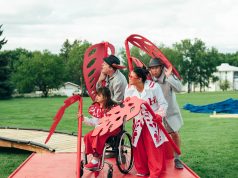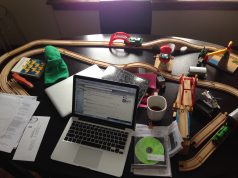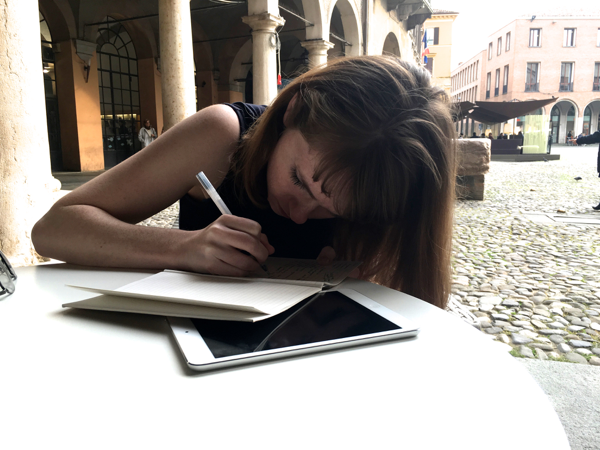
ZEITGEIST OR DIE
I want to say it was “serendipitous” but something about that word choice feels sleazy.
We, a group of creators – actor, actor, actor, playwright, director, assistant director– got together to work on an embryonic first draft, the same day, the Globe & Mail published “UNFOUNDED: an investigation on how police handle sexual assault cases.”
Our play, Behaviour, was about a certain species of sexual violence that sidles by, frequently eluding the capital “R” designation. So, not the kind you’d structure an SVU episode around, and certainly not the type that the Globe & Mail was reporting on. We were concerned with the more quotidian, run-of-the-mill violations. Ours was the stuff of groping friends and friends-of-friends, handsy bosses and mentors, lecherous cousins and uncles.
“Intimate partner violence.”
“Workplace harassment.”
“Molestation.”
But while the cases profiled in “Unfounded” weren’t really the subject of our work, it did seem to bestow an air of relevance? As Toronto theatre people – and maybe artists writ large— some stamp of zeitgeist-proximate material is all but irresistible. So we noted the coincidence, and read the article with piqued consideration.
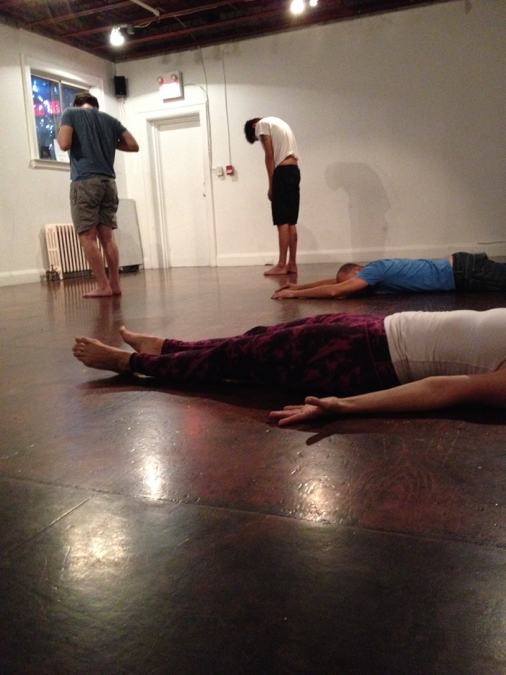
II.
work·shop
ˈwərkˌSHäp/
verb
gerund or present participle: workshopping
We began with the appropriate gusto. Introductions, table read, discussion, another table read, floor rolling, walking on a grid, walking on a grid lan-guid-ly, walking on a grid and stopping, walking on a grid but also pointing, walking on a grid but now you can stop or point or, I kid you not, swizzle.
It’s too easy to make fun of process! Believe me, depths of feeling are contained in the verb to swizzle. I took them in and tried to, with stick figures, capture the evocative body-shape-contortion-imagery for potential reenactments later. While doing this, I turned myself into a human thesaurus. The director would nod at me for new synonyms to spark inspiration: now ACUTELY, now LANGUIDLY, now IRATE, now BLASÉ!
The thing with ‘workshopping,’ and for that matter regular rehearsing, and maybe any kind of mushy creation process, is an indeterminate amount of the stuff you do, you just do it. The Nike maxim really does hold. You have to go for the “it” with optimism that somehow the tangential comments, the weird off-topic convos, the rolling on the floor and braying and bleating, the twitching and writhing – that all this, will somehow “inform the work.”
It’s too easy to lampoon actors and I sometimes succumb to the easy laugh myself when telling my friends with 9to5s what I did that day. But the best work does happen after the floor thrashing. And even I, non-performer that I am, have a better brain after forced sun salutes.
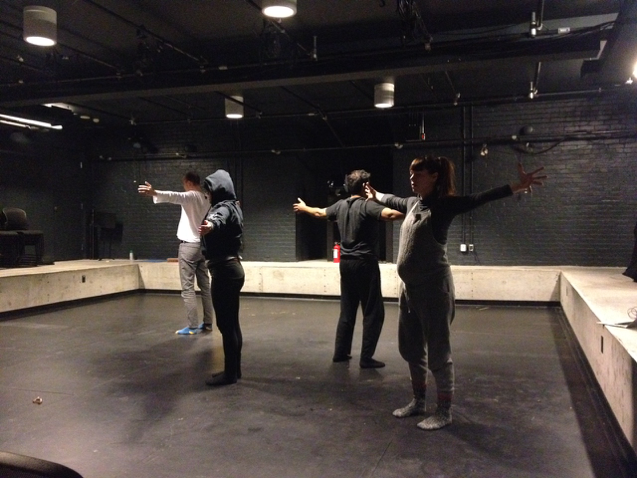
III.
YES! AND?!
Beyond finding the physical vocabulary and emotional landscape of our play, there were certain moments hitherto unwritten that we wanted the actors to explore. I’ve been cornered by enough improv bros at enough parties to know that “Yes and” is not only an incredible comedy directive, but also a creed to live by. Even so, there’s something exasperating about watching polished actors one-up with one-liners. Yes and builds a scene with a galloping propulsion that can eschew certain sidesteps, fumbling, stillness.
YES! we wanted the actors to generate material. AND! we wanted them to do so without being overly conscious of “generating material.” How do you unburden performers from the pressure to perform while observing their actions assiduously? Moreover, the working title was BEHAVIOUR. With our interest largely being in the non-verbal variety. The unconscious shrugs, and tics, and gesticulations, what happens when the words have stopped. How could we encourage the actors to just “be.”
“They’re not SCENES or SKETCHES, they’re ÉTUDES” the director announced. A technique he’d learned while studying at the Moscow Art Theatre. If I was skeptical that a fussy French designation would alter how actors related to each other, joke’s on me. The shift was subtle but potent; there was an immediate adjustment, even just in how the actors held themselves. Somehow they were alright with letting lines drop, allowing things to be boring and in their boringness, in their lack of zings and emotional swells, preternaturally absorbing. The playwright beat notes on her laptop frantically, while the actors “behaved.”
IV.
THEATRE ≠ THERAPY
There’s a lot of contemporizing statements we use when talking about new work. You have to take observational risks to offer something actually useful, but to stray too far from the familiar is dicey. So too when talking about rape – especially for men, especially cis-straight men, two of which were at our table. But when a group of women get started, sometimes it’s hard to stop. In my role as pseudo-stage manager I was supposed to act as a kind of timekeeper. I sucked at this job. I had a strong reticence about trying to push things along. I wanted to share my not-quite-pertinent-but-of-course-tangentially-related violations. Some aspect of that would surely shed light on the piece in some way?!?!
How do you marshal this kind of personal history, trauma, lived-experience into theatre? How do you ignore it? Lots of people are at pains to point out that theatre IS NOT, CAN NOT, be “therapy.” Calling a play “therapy on stage” is worse than calling it sitcom-y. It’s an accusation of unforgivable indulgence; a designation to make pathos humiliating.
TBC Next Week: Stay tuned for Part 2







